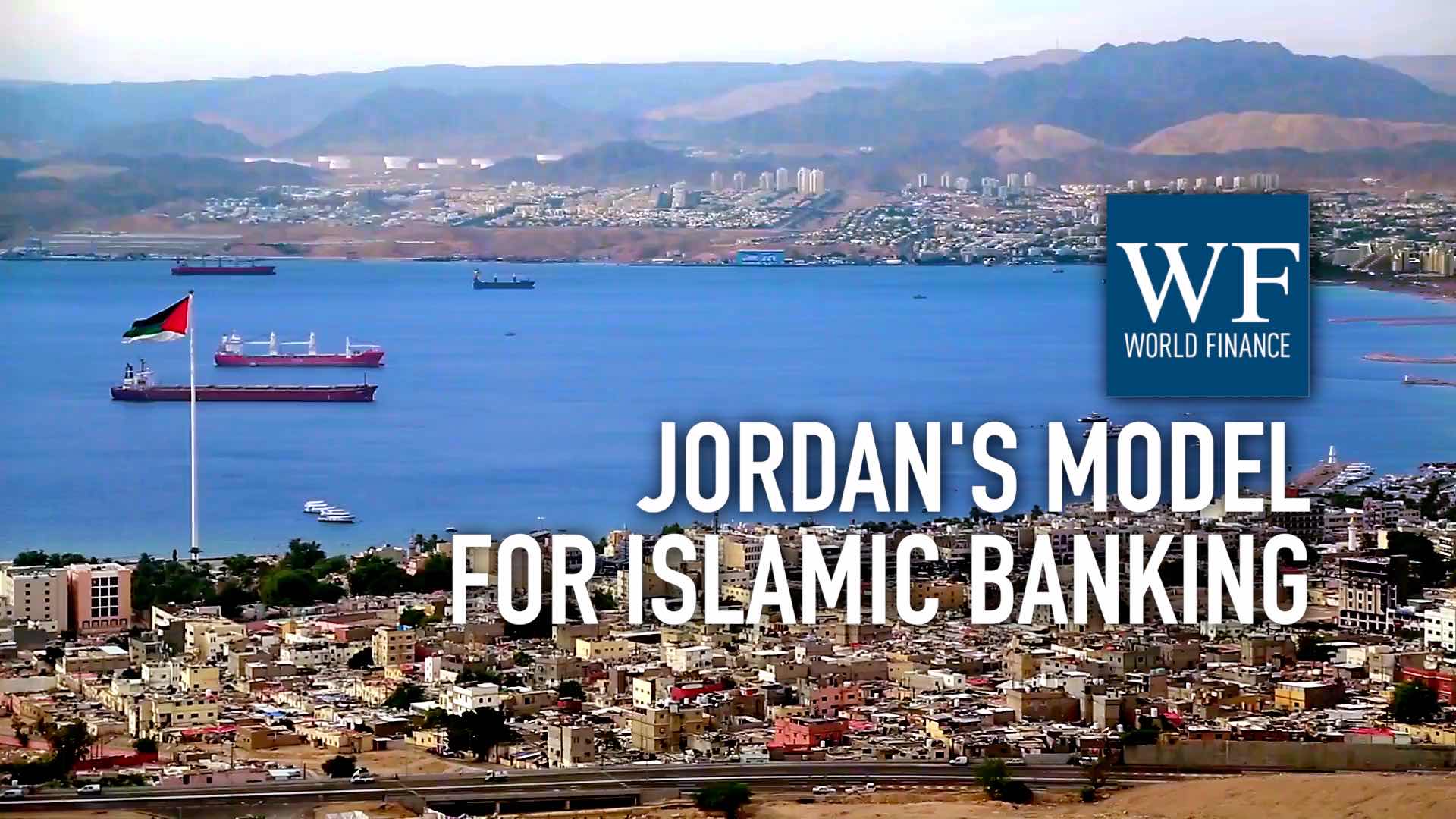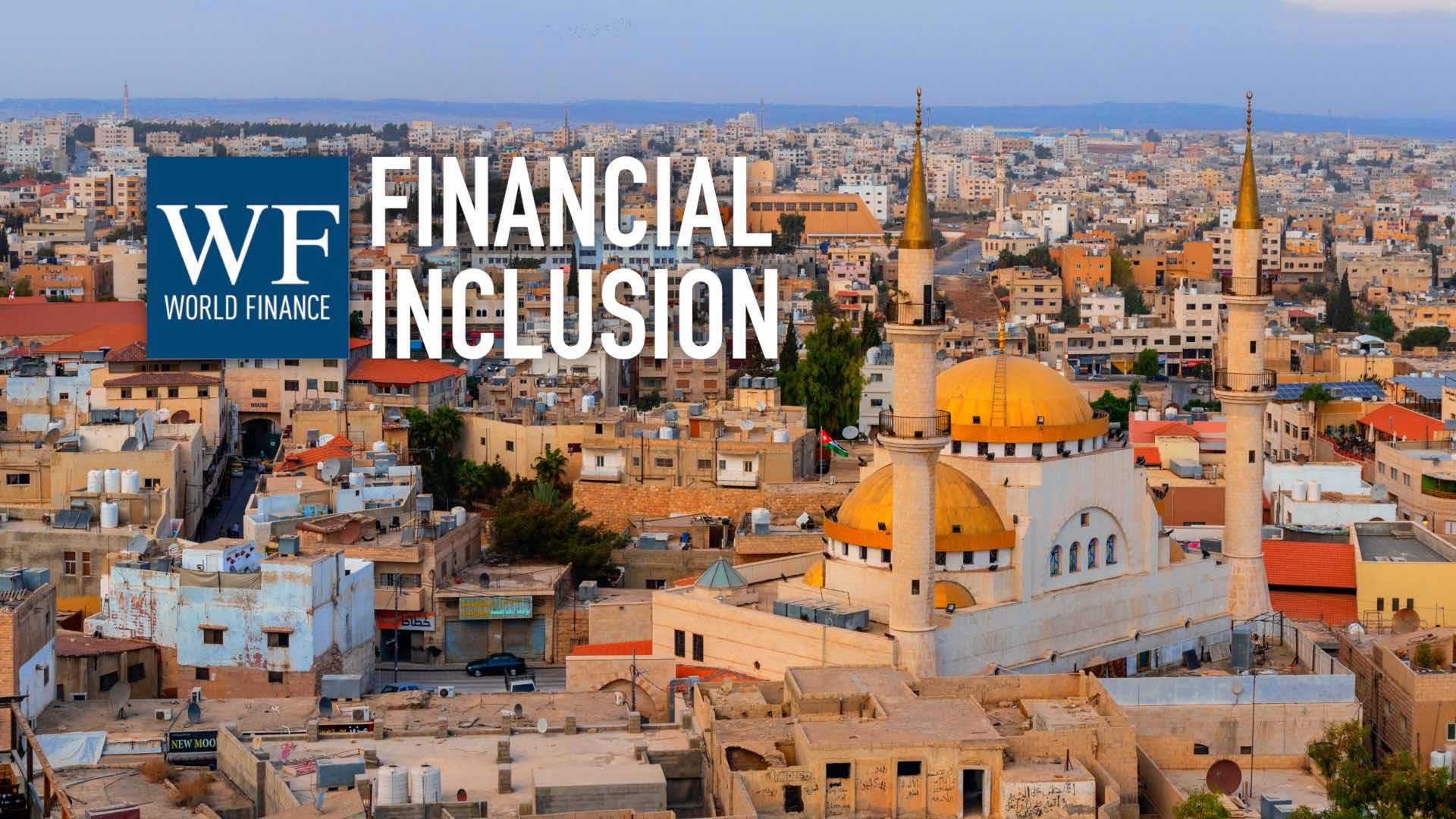Capital Bank: Jordan is a ‘safe haven’ in the Arab region
World Finance speaks to Capital Bank’s Chief Investment Officer about how the institution has risen to the challenges posed by instability in the countries surrounding Jordan
Related:
Transcript
Listed on the Forbes Middle East Top 500 companies in the Arab world, Jordan’s Capital Bank has cemented its place at the centre of commerce in the region. World Finance speaks to its CIO, Mr. Yezan Haddadin, about the maturation of Jordan’s local banking sector and how these trends impact the investment field.
World Finance: Now 2013 of course has brought healthy growth in the banking sector, with total assets of all banks at about $60.5bn. How’s growth today?
Mr. Yezan Haddadin: Well, growth continues to be healthy in 2014, with the most recent IMF estimates for real GDP growth for the year estimated at about 3.5 percent versus 2.8 percent, which is the level we realised in 2013. Growth has been supported by government spending, by an accommodating monetary policy by the Central Bank of Jordan, and by the increase in the number of people who are seeking refuge in Jordan as a result of some of the regional instability surrounding us. With the equity capital markets not fully recovered in Jordan, the banking sector continues to be the primary source of financing and has benefited from this growth, with the increase in the level of asset for the first six months of 2014 up three percent.
World Finance: Has that growth positively impacted the investment arm of your bank?
[T]he past three years have proven that Jordan is a safe haven. We are seeing a recovery in the investment environment
Mr. Yezan Haddadin: In general terms, the investment environment in the region has been challenging over the past few years as a result of the political and security instability in the surrounding countries. Jordan, despite having a stable political environment, has been impacted by what’s happening in the region. However, the past three years, I think have proven that Jordan is a safe haven. We are seeing a recovery in the investment environment.
World Finance: Now your bank has been involved in a number of very innovative projects, particularly the Tafila Wind Farm drew a lot of headlines in the region. Why is it important for you to get involved in such projects?
Mr. Yezan Haddadin: The Tafila Wind Farm project represents the first utility scale wind farm in the Middle East. It also represents a big step in terms of securing energy independence for Jordan and securing a local source of energy at attractive prices. It puts Jordan on the map in terms of renewable energy, and the successful financing of Tafila wind farm bodes well for what we see as a robust pipeline of additional renewable energy projects that are expected to come online in the next few years.
World Finance: You’ve also been in Iraq since 2005. Tell me about some of the companies that you’ve built investment portfolios around.
In Iraq there is generally strong demand for basic infrastructure and goods and services
Mr. Yezan Haddadin: In Iraq there is generally strong demand for basic infrastructure and goods and services as a result of 30 years of under-investment due to periods of wars and economic sanctions. So if you look at the investment landscape in Iraq you will find a need and an interesting investment opportunity in almost every sector, including healthcare, education, construction and housing, and of course oil and gas, which has attracted the bulk of investment activity in the country, and the sheer size of the oil and gas sector in Iraq has attracted investors to come in and set up ancillary businesses such as logistics, drilling, equipment leasing, lodging and hospitality services for people working in the sector. So those are the sectors that we’re actively looking at, those are the sectors that we’re focused on. I would add to that the basic infrastructure projects that we’re seeing implemented there.
World Finance: Now, with regard to political instability, can you tell me how recent events in Iraq have in any way impacted investor sentiment?
Mr. Yezan Haddadin: In some areas there’s been a complete halt to whatever projects that we were looking at and considering. In other areas there has been a delay, things are still moving at a much slower pace. Fundamentally we believe that the macroeconomic picture in Iraq has not changed and therefore the investment sentiment with respect to the long term potential of the country has not changed. Iraq today is going through a very serious process of state building. Iraq represents a very unique opportunity in the form of a hydrocarbon led growth story, similar to what we witnessed in Saudi Arabia in the 1960s and 1970s, similar to what we saw in Russia in the 1990s. Our view, it’s not a matter of if, but a matter of when, and we’re very bullish on the medium to long term prospects in Iraq.
World Finance: Lots of exciting developments to watch out for. Mr. Haddadin, thank you so much for joining us today.

 JIB: A model of ‘honest, sincere, and satisfying’ Islamic banking for Jordan
JIB: A model of ‘honest, sincere, and satisfying’ Islamic banking for Jordan Jordan’s improved financial inclusion still leaves huge room for growth
Jordan’s improved financial inclusion still leaves huge room for growth
